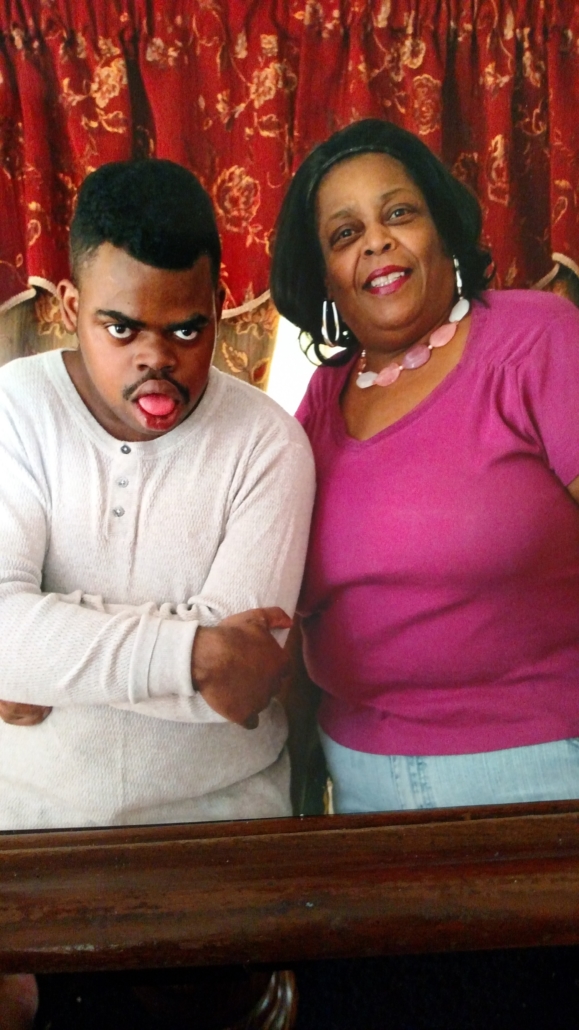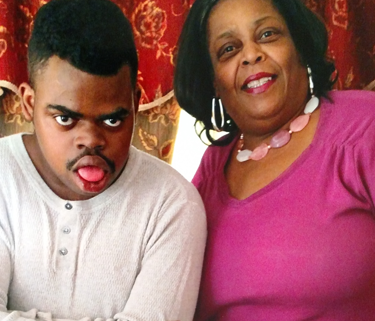Planning Can’t Wait: Preparing for Life’s Emergencies
Thinking about your child’s future after you’re gone is hard for most parents. For the parents of people with disabilities, the topic can be so daunting that it can feel impossible to broach.
The result? Families all over the country shelve this conversation as long as possible. But the COVID-19 pandemic has been a stark reminder that planning can’t wait. The hard truth is that reactive instead of proactive planning means that people and their families have little to no control over the supports and life choices available to people with disabilities in emergencies.
Mapping a secure and independent future for loved ones with disabilities is both necessary and possible. It can be done step by step over time…just like financial and life planning for anyone else. Creating a future plan looks different for everyone:
- Does the person want to live in a group home? On their own? With a sibling or other family member? How much support do they need to achieve the most independence possible?
- What do they like to do in their free time? What support do they need to do those activities?
- What public benefits are they currently receiving? Are they covered under insurance policies or trusts? Do they have a job or savings, or will they in the future?
Delores Sallis is no stranger to planning. Not only has she made it a priority to set up her son Albert for success, but she is working hard in her community to ensure other families feel confident doing the same.
Delores and Albert’s Journey

Sallis’ inspiration is her son Albert, her “pride and joy.” Albert, 30, has intellectual and developmental disabilities and lives at home with Delores.
Delores worked in a group home for 35 years, and saw many residents suffer because things didn’t go according to plan when parents passed away. Siblings that were supposed to become guardians didn’t show up. Residents didn’t have families to go home with for the holidays. Many missed their old routines and declined. Delores would often bring home multiple residents so they would not spend the holidays alone.
Delores resolved to ensure Albert never encountered the same pain: “I didn’t want my son to decline because of that.”
As Delores began to contemplate what his future would be like without her in it, she devised a plan for several “practice runs” where Albert’s sibling would assume responsibility of him for 24-hour periods. After several difficult situations throughout the exercise that highlighted the flexibility and fortitude required, plans for his sibling to become the primary caregiver were revisited.
Instead, one of his old teachers named Laurie stepped in. She lived two blocks away, and Albert was one of her favorite students in high school. When COVID-19 hit, she became his emergency contact in case Delores contracted the virus. Laurie also recruited two other teachers to back her up if she needed to take over his care. Delores’ friend volunteered to manage his assets, and Albert’s sister would cover safety and wellness checks. This network of support would also enable Albert to remain in his existing home, which already had the benefit of familiarity as well as modifications in place for him.
Seeing both the benefits of a robust plan and the dangers of not having one, Delores decided to put her passion for helping families navigate their personal journey into action. After years of informally supporting families, Sallis founded Parent University in the Wisconsin African American Women’s Center in 2017.
She encourages her families to create a vision board. Watching them chart a path to the future brings her tears of joy. “I start at the bottom where they’re at and we climb a ladder together,” Delores said. “Sometimes people think they have failed. The problem is they just didn’t know how to do something.” She also continues to provide these valuable opportunities to local families even during COVID-19, recently coordinating a “drive-through” resource fair.
Families also benefit from the community Delores has created. Many had never opened up about their family before, but once they were surrounded by others who shared their fears and experiences, it became the highlight of their week to meet. Parent University isn’t just a place to learn—it’s a support group and community that helps every family member tackle the fear of future planning by remembering they’re not alone.
As for Delores? Her successful planning for Albert’s future is based on one core principle: planning is a process that never ends. Being truly prepared means continually pivoting with the inevitable changes that life brings over time. With determination, Delores notes “He has a great life and I’m gonna try to keep it that way.”
So how can families that have a loved one with a disability be proactive, rather than reactive? Start by learning more about future planning to ensure your loved one has the housing, decision-making, financial, and social supports they need—gradually and piece by piece. The most important thing is to take the first step and start.








